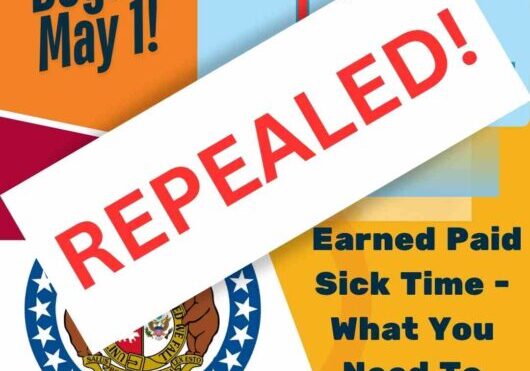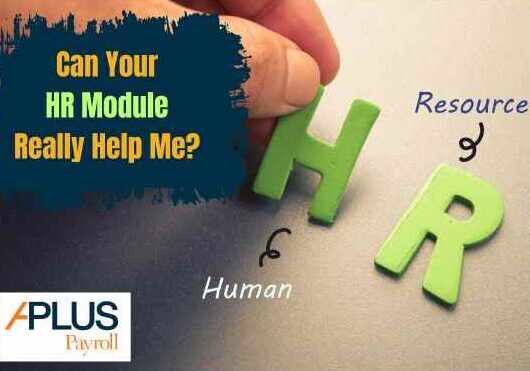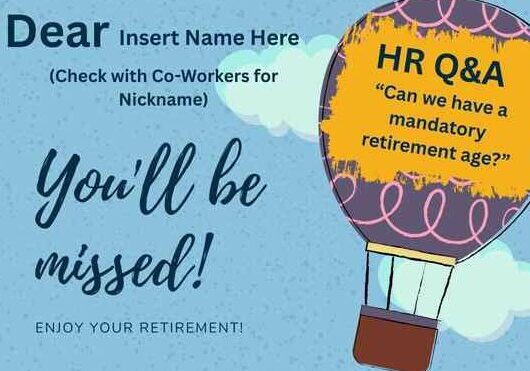HR Q&A – Can We Tell Employees Not to Discuss Pay?
by Paul Devlin
No you cannot. In fact the National Labor Relations Act (NLRA) gives non-supervisory employees the right to speak about these things without fear of retaliation. Understanding this federal law can empower employees to make positive changes in the workplace.
Here’s a breakdown of what the NLRA is, what it protects, and why it matters for your working life.
What Is the NLRA?
The National Labor Relations Act, in place since 1935, was created to protect the rights of employees to organize and negotiate with employers. It specifically focuses on non-supervisory workers, providing them with the ability to engage in what’s called “concerted activity” for their mutual aid or protection. This means banding together to talk about workplace issues and advocating for improvements. Sounds simple, but it’s incredibly powerful.
What Does “Concerted Activity” Mean?
“Concerted activity” is a key phrase under the NLRA, and it essentially means when two or more employees take action together to improve their working conditions. It’s not about being a union member or formally organizing; you don’t have to join a union for these protections to apply.
For example:
-
Real-life example: Imagine you and a coworker are frustrated about unsafe equipment at your workplace. You decide to write a joint letter to management asking for repairs and better training. This is a classic case of concerted activity. You’re protected from being fired or punished for making your concerns heard.
-
Hypothetical scenario: Suppose during a break, your team discusses why wages haven’t kept up with the rising cost of living. If you later bring this up as a group to your employer, that’s also concerted activity covered under the NLRA.
The law doesn’t just apply to written complaints or formal action; even casual group conversations about workplace issues can be covered.
Activities Protected for Mutual Aid or Protection
The NLRA isn’t about protecting employees who just vent about work without action. It’s about protecting activities aimed at improving workplace conditions. Here are common things that are protected:
-
Discussing Wages
Curious what your coworker earns? Under the NLRA, employees have the right to discuss their wages and benefits openly. Pay transparency is a step toward fairer compensation, so conversations about pay are fully protected. -
Talking About Safety Issues
If you feel unsafe at work, like in an understaffed warehouse or with faulty machines, you can raise these issues with your coworkers and your employer without fearing retaliation. -
Advocating Against Unfair Policies
Policies that seem discriminatory or unfair can become a topic of group discussion and action. For instance, if a policy unfairly targets certain employees for weekend shifts, you have the right to challenge it as a group.
However, it’s important to note that certain actions, such as engaging in violence or knowingly lying about your employer, are not protected.
Why Understanding Your Rights Really Matters
Here’s the reality for most workplaces: if you don’t know your rights, it becomes easier for employers to exploit ambiguity. The NLRA safeguards your ability to speak up for what’s right, keep your working conditions decent, and advocate for fairness.
Knowing what this law covers gives employees confidence to press for improvements without always worrying about losing their jobs or being penalized. It’s a tool for empowerment.
This blog does not constitute formal HR or legal advice and does not address state or local laws. Our HR Resource Center by Mineral offers further guidelines for this and many other topics. For a small additional fee you can also speak to a live HR Specialist. Contact your friendly APlus Payroll CSS for further information (including login details) or login here. Want to know how we can help your Payroll or Time & Labor process? Please contact us here. Consultation is friendly and free!



